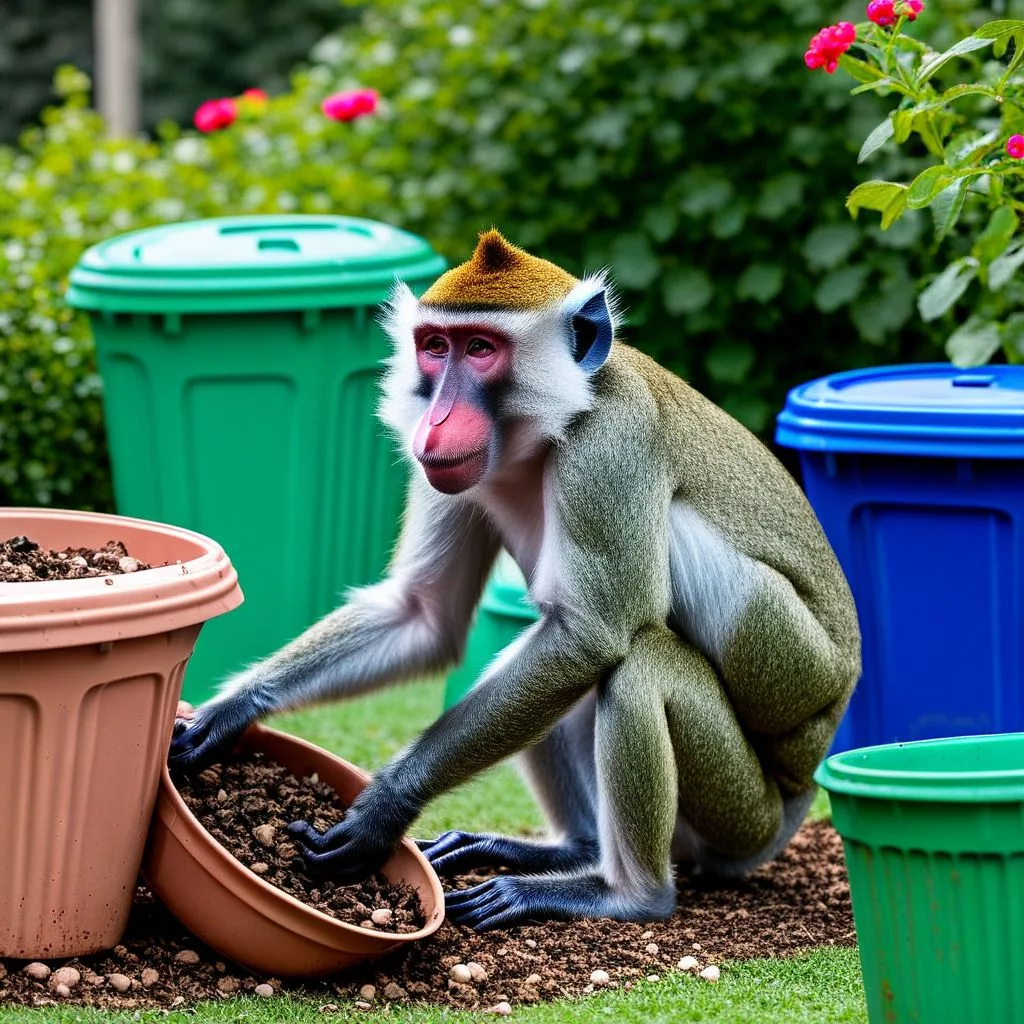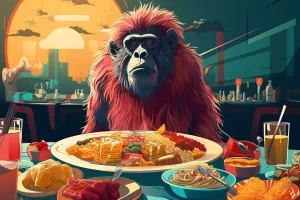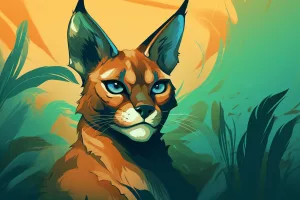In the beautiful coastal town of Simon’s Town, wildfires have forced clever baboons to seek food and shelter among people. As these playful primates rummage through gardens and trash bins, locals have mixed feelings—some find them funny, while others are frustrated by the chaos they cause. To help harmony thrive, residents are encouraged to keep their homes secure, avoid feeding the baboons, and support efforts to restore their natural habitat. By making smart choices, both humans and baboons can share this vibrant space together, reminding us all of our bond with nature.
The incident of a baboon visiting a restaurant in Cape Town highlights the complex relationship between humans and urban wildlife. It is essential to have responsible interactions with animals and maintain respect and awareness. Guidelines for responsible wildlife interaction include respecting animals’ personal space and natural behavior, maintaining a secure distance, and refraining from feeding or close contact for the purpose of taking selfies. Our city spaces are deeply interconnected with wildlife habitats, and a balanced and sensitive approach is necessary for coexisting safely.
The Urban Caracal Project in Cape Town is dedicated to protecting biodiversity and urban wildlife through research and conservation initiatives. The project emphasizes responsible pet ownership, particularly in protected areas where dogs can pose a risk to local wildlife. The recent loss of Hope, a studied caracal and symbol of adaptability, highlights the importance of this mission and the need for cooperative efforts to preserve the delicate balance between urbanization and nature.



